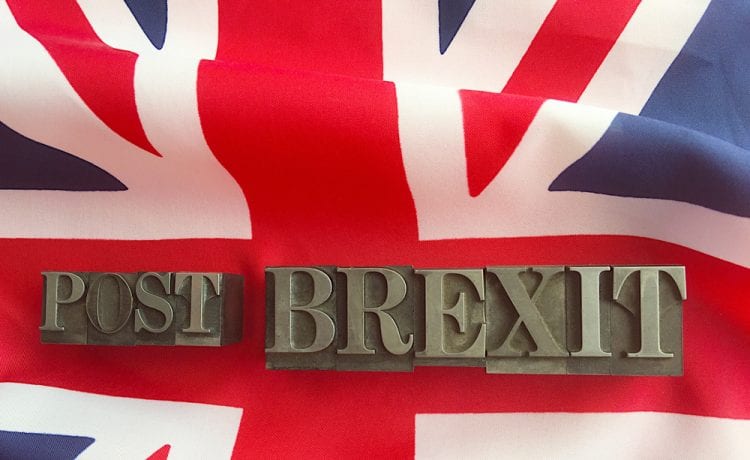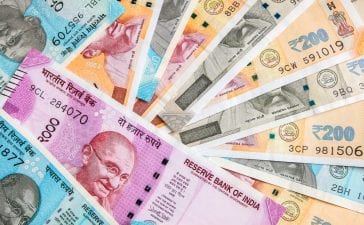In the Beyond Brexit: Trade in Goods report, peers said there remain substantial barriers to trade with the EU after the implementation of the fresh trading terms
A report by the Lords EU Goods Sub-Committee has warned small firms are “feeling the squeeze” since Prime Minister Boris Johnson’s free trade deal with the European Union (EU) came into effect in January.
The committee is calling on ministers to establish a trusted trader scheme to reduce the amount of paperwork that businesses have to fill out while also tackling the increased cost of transporting goods and helping firms to understanding the VAT changes when exporting to the EU.
In the Beyond Brexit: Trade in Goods report published on Thursday, peers said there “remain substantial barriers to trade with the EU” after the implementation of the fresh trading terms.
It also cautioned that, without action, the physical checks currently in place on animal and plant products could become a “permanent barrier to trade”, with meat and live shellfish products particularly badly-hit by the new inspection regime.
Baroness Verma, the committee’s chairwoman, said: The Brexit trade deal struck with the EU may have prevented the nightmare of a ‘no deal’ exit for the UK, but a lot of unfinished business remains between the two sides.
Businesses, particularly SMEs (small and medium sized enterprises), are feeling the squeeze of the non-tariff barriers resulting from the end of the transition period. The Government must take an ambitious approach to trade ties with the EU. Swift action and further funding is needed to minimise future disruption.
Ongoing dialogue will be crucial to achieving smoother trade. The TCA (Trade and Cooperation Agreement) should be treated as the start, not the end of the UK’s new relationship with the EU, she said.
The report made a number of recommendations for simplifying the requirements on exporters.
On customs, we recommend a trusted trader scheme to enable more businesses – especially smaller businesses – to benefit from simplified customs procedures, the 77-page report said.
The “complicated and varied VAT rules in different EU jurisdictions” were described as “among the most problematic non-tariff barriers to trade”, with the committee calling for “advice and support to increase understanding among traders of new VAT implications” following the Government’s decision to postpone its own accounting scheme.
On rules of origin stipulations in the deal, the peers said: Only goods originating – or mostly originating – in the UK or EU will qualify for zero tariffs. The requirements will hit smaller businesses hardest but clarifications and mitigations, particularly on the re-export of non-processed goods, are urgently needed for all.





